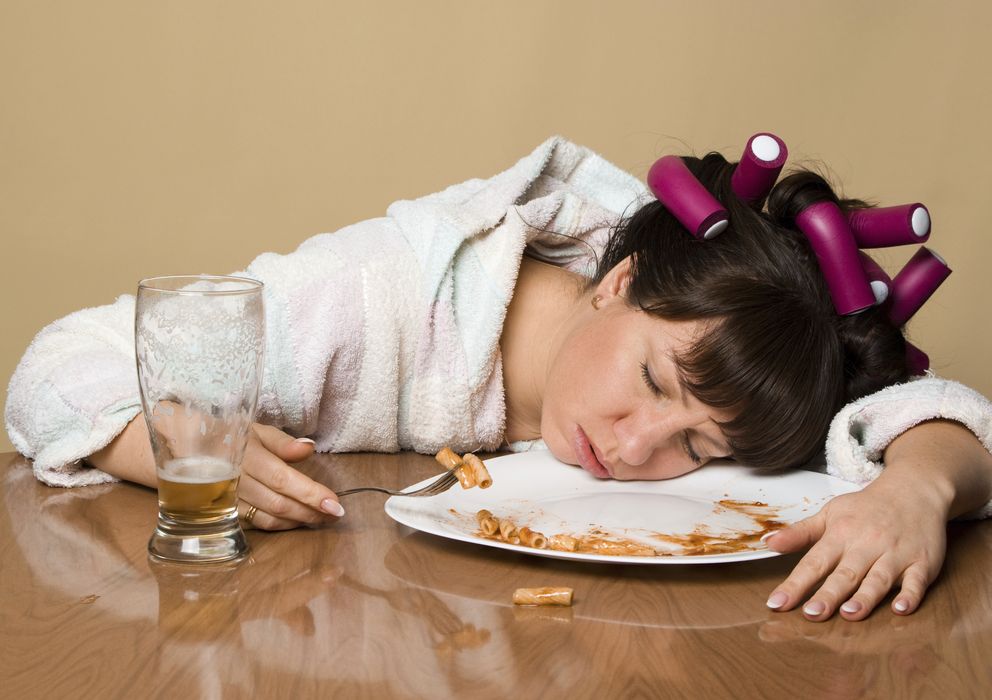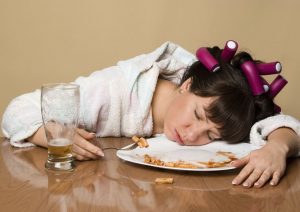
Avoid Bad Eating Habits To Sleep Well
Avoid Bad Eating Habits To Sleep Well
Few things feel as good as waking up rested and energized after a good night’s sleep. But for many people, a restful night’s sleep is hard to come by, and it could be related to the food choices that are made during the day.
That’s because bad eating habits not just what you eat, but also when can have a big impact on the quality and length of your sleep. And the problem can sometimes turn into a vicious cycle.

Some foods can help you sleep better
Here’s what tends to happen. When you don’t get a good night’s sleep, it messes with your natural hunger hormones and you feel the urge to eat.
People who don’t sleep well tend to snack more, and they often turn to sweets and caffeine to get them through the day.
Problem is, that caffeine can interfere with your ability to sleep at night.
Although sugary foods might boost your energy level for a little while, there’s a good chance your blood sugar will soon plummet, and you’ll just start the process all over again.
How to eat right to sleep tight
1. Keep dinner portions moderate. Going to bed with a very full stomach can be uncomfortable and even lead to indigestion—a sleep buster, for sure.
2. Don’t overdo the fluids in the evening. If a full bladder is what’s interfering with a good night’s sleep, try to curb your fluid intake after dinner. Aim to drink more of your liquids during the day, rather than trying to catch up at night.
3. Watch your intake of caffeine and alcohol. If you’re a regular caffeine drinker, you may be able to fall asleep just fine, even if you have a cup of coffee after dinner. But caffeine, and alcohol as well, can disrupt normal sleep patterns. You may be able to fall asleep, but you don’t stay asleep. And that makes it harder to reach the deepest and most restful stage of sleep.
4. Don’t overdo the fats and proteins at dinner. Fatty meals take a long time to digest, and protein foods stimulate the production of chemicals in your brain that helps you feel more alert. Low-fat meals are digested more quickly, and healthy carbohydrates help stimulate the production of different brain chemicals—the ones that help you relax and get to sleep. Rather than making protein the centerpiece of your evening meal, focus on healthy carbs—veggies, fruits, whole grains, and beans—with a small serving of protein.







